
It's easy to get lost in the statistics of survivorship, but it's important for newly diagnosed patients with cancer to remember that they are not a statistic.

It's easy to get lost in the statistics of survivorship, but it's important for newly diagnosed patients with cancer to remember that they are not a statistic.
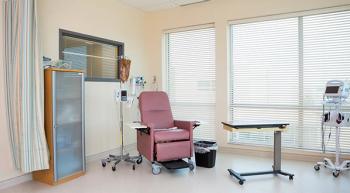
In a recent trial, the addition of chemotherapy to endocrine therapy showed clinical benefit in premenopausal women with lymph node-positive, HR-positive, HER2-negative breast cancer.
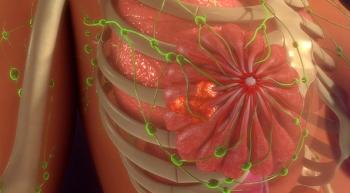
Here's how 3 clinical trials have shaped the overall landscape for patients with HER2 positive breast cancer.

Here are the top 10 stories from CURE® in 2020.

Here are the top 10 FDA oncology drug approvals that you may have missed this year.

Every now and then CURE® is able to get a celebrity to talk about their experience with cancer and share how this common disease even impacts them.
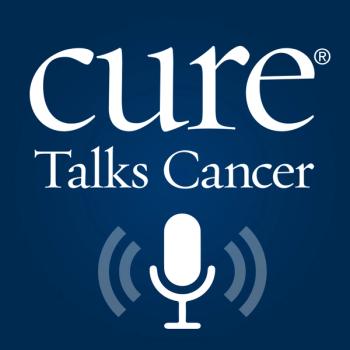
Here are the top 10 episodes of the “CURE Talks Cancer” podcast from 2020.

While breast cancer survivors had a 45% higher risk of going into preterm labor, there were no significant increased risks of congenital defects or other pregnancy or delivery complications.

This week on the “CURE® Talks Cancer” podcast, we spoke with renowned street artist James Cochran about one of his art projects that was commissioned to symbolize the creativity and commitment of those who work tirelessly to eradicate cancer.

In addition to having greater efficacy, the combination of oral paclitaxel and encequidar demonstrated lower rates of chemotherapy-induced peripheral neuropathy in patients with metastatic breast cancer compared to intravenous paclitaxel.

Street artist James Cochran gives CURE® an inside look at his newest project: a piece of art he created by applying 50,000 small dots of paint to a canvas using a lab pipette. It will be displayed in the Institute of Cancer Research’s Centre for Cancer Drug Discovery as a symbol of the creativity and commitment of the scientists who work every day to eradicate cancer.

Do you have a favorite recipe that has helped you through cancer treatments and recovery? CURE® invites you to participate in its Second Annual Recipe Swap by sharing your favorite meals, side dishes and snacks.

An analysis of the phase 2 study IMbark shows how imetelstat can offer patients with high-risk myelofibrosis multiple clinical benefits, setting the stage for an expanded phase 3 trial.

Emily Whitehead was the first child to receive chimeric antigen receptor (CAR)-T cell therapy. Eight years later, she and her parents discuss her ongoing remission from acute lymphoblastic leukemia.

Chimeric antigen receptor (CAR)-T cell therapy is becoming more widely available, with two drugs approved to treat specific blood cancers and more being investigated in clinical trials across cancer types. Here’s what patients need to know if they’re considering treatment with one of these novel immunotherapies.

This week on the “CURE Talks Cancer” podcast, we discuss the power of community with The Breasties co-founders Brianna Majsiak and Allie Brudner Brumel and how their own experiences with breast cancer brought them together.
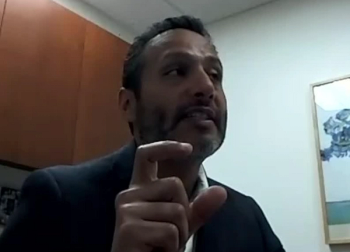
The research process for pancreatic cancer is long and difficult, but a new method of clinical trials is looking to adapt to a growing field and find ways to speed up research without losing efficiency.

A novel type of immunotherapy known as chimeric antigen receptor, or CAR, T cell therapy is a hot topic in the news and in the lab. But what does this treatment consist of, and how was it developed?

While the current field of prostate cancer research is experiencing an era of “warp speed developments,” perhaps the most exciting option on the horizon is theranostics, according to Dr. Phillip J. Koo.

Each month, we take a look back at the most popular CURE® stories. Here are the top five stories for November 2020.

Often, patients with cancer will come into contact with only a handful of members of their care team: a primary care physician or oncologist, perhaps a nurse or two. But as Dr. Phillip J. Koo explained, it helps to view the cancer care team – including those who a patient may never see – with a wider lens.

The field of theranostics is growing, and its impact could change the future of prostate cancer treatment. CURE® discusses this potential with a theranostics expert.

Theranostics, or the method of using one radioactive drug to diagnose a malignancy and a second radioactive drug to treat that cancer, is gaining in popularity in the treatment of prostate cancer.

Anxiety is a natural part of the cancer journey, but if it isn't addressed then it can become a major challenge to treatment and recovery.
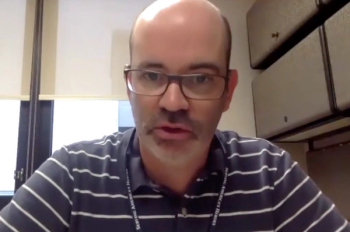
Caregivers for geriatric patients with cancer are vital members of a patient's care and support system, but often don't get the recognition they deserve.

A new report from the Cancer Support Community shows that extra attention is needed from patient providers to address financial toxicity.

In order to create a better treatment landscape for geriatric patients with cancer, patients need to be involved in the process in order to shape personalized interventions.

Heather Badt, CSC’s Executive Director of the Research & Training Institute, recently shared her personal perspective as a former patient and caregiver with CURE® and expanded on how those who care for loved ones with cancer often face their own unique challenges and require specialized resources themselves

To gain a better understanding of the issues faced by geriatric patients with cancer, and to determine how much of a role nutrition plays in outcomes, Dr. Grant Williams, a geriatrician oncologist and assistant professor at the University of Alabama, Birmingham, worked with colleagues to create a patient-reported assessment tool that bridges the knowledge gap in this patient population.
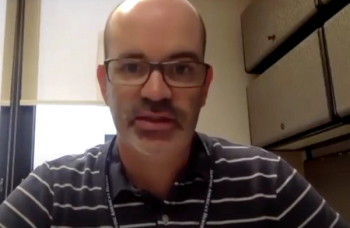
Nutrition is a vital aspect for patients with cancer, and malnutrition is a concern that must be tracked through the cancer journey.